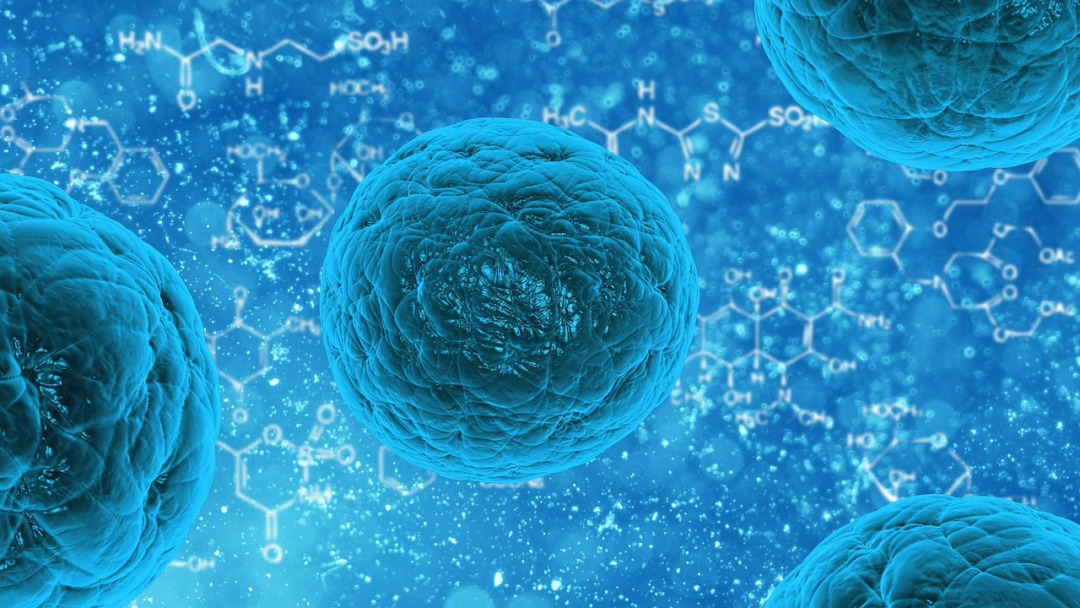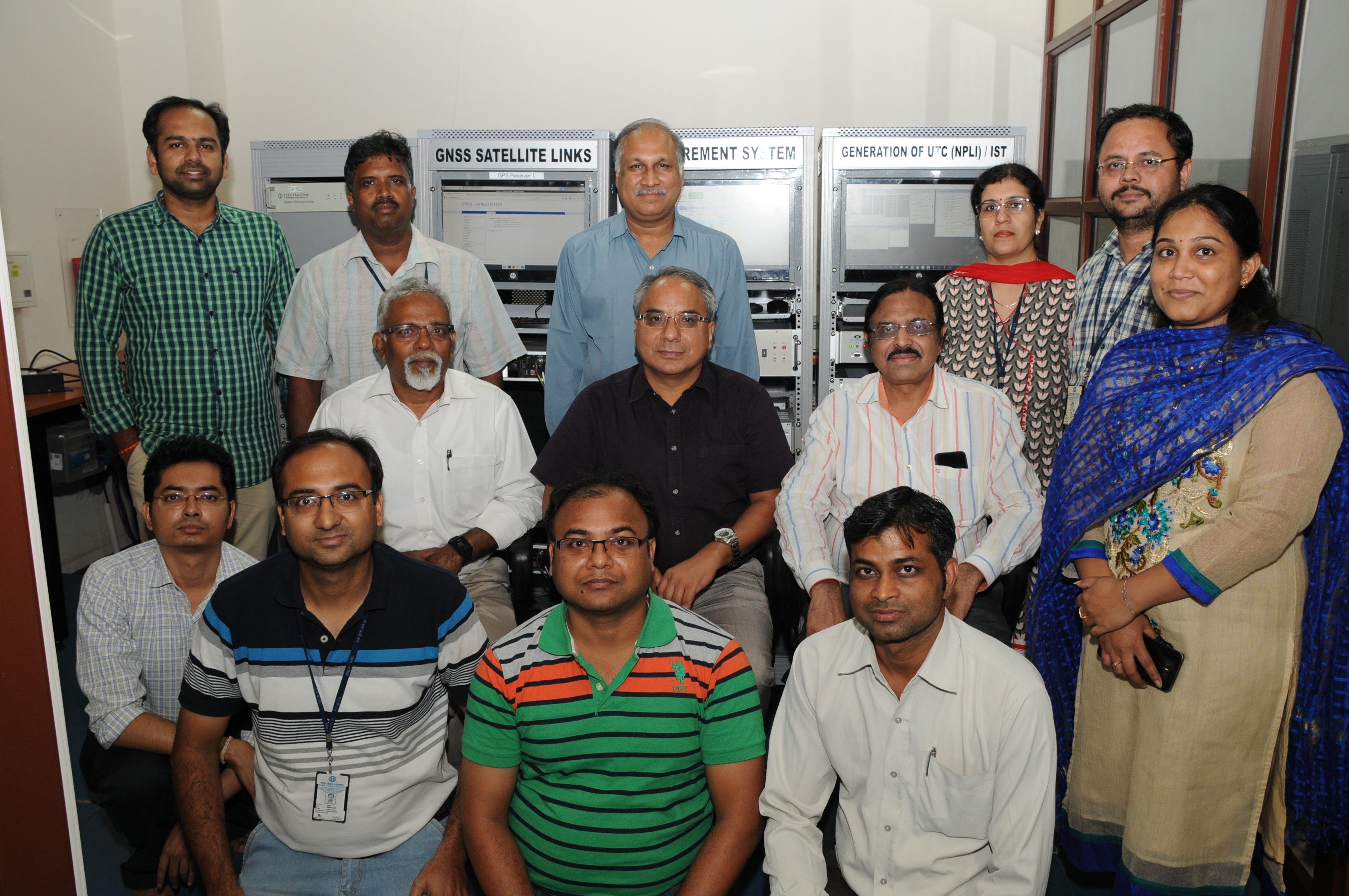
Williams, Antony; Ekins, Sean; lou@loupeckconsulting.com (2017): The New Alchemy Infographic – Helping Scientists Increase the Impact of Their Own Work. figshare.


Williams, Antony; Ekins, Sean; lou@loupeckconsulting.com (2017): The New Alchemy Infographic – Helping Scientists Increase the Impact of Their Own Work. figshare.

The rising number of cancer cases in India is a cause for concern. With nearly 1.5 million new cases, cancer has emerged as a major health challenge.

How does the skin develop follicles and eventually sprout hair? A USC-led study, published in the Proceedings of the National Academy of Sciences (PNAS), addresses this question using insights gleaned from organoids, 3D assemblies of cells possessing rudimentary skin structure and function--including the ability to grow hair.

A new analysis by the National Physical Laboratory - India’s official timekeeper - has supported long-standing demand for a separate time zone for eastern states - Assam, Meghalaya, Nagaland, Arunachal Pradesh, Manipur, Mizoram, Tripura – and Andaman and the Nicobar Islands
Internet is huge! Help us find great content
Never miss a thing! Sign up for our newsletter to stay updated.
Research Stash is a curated collection of tools and News for S.T.E.M researchers
Have any questions or want to partner with us? Reach us at hello@researchstash.com